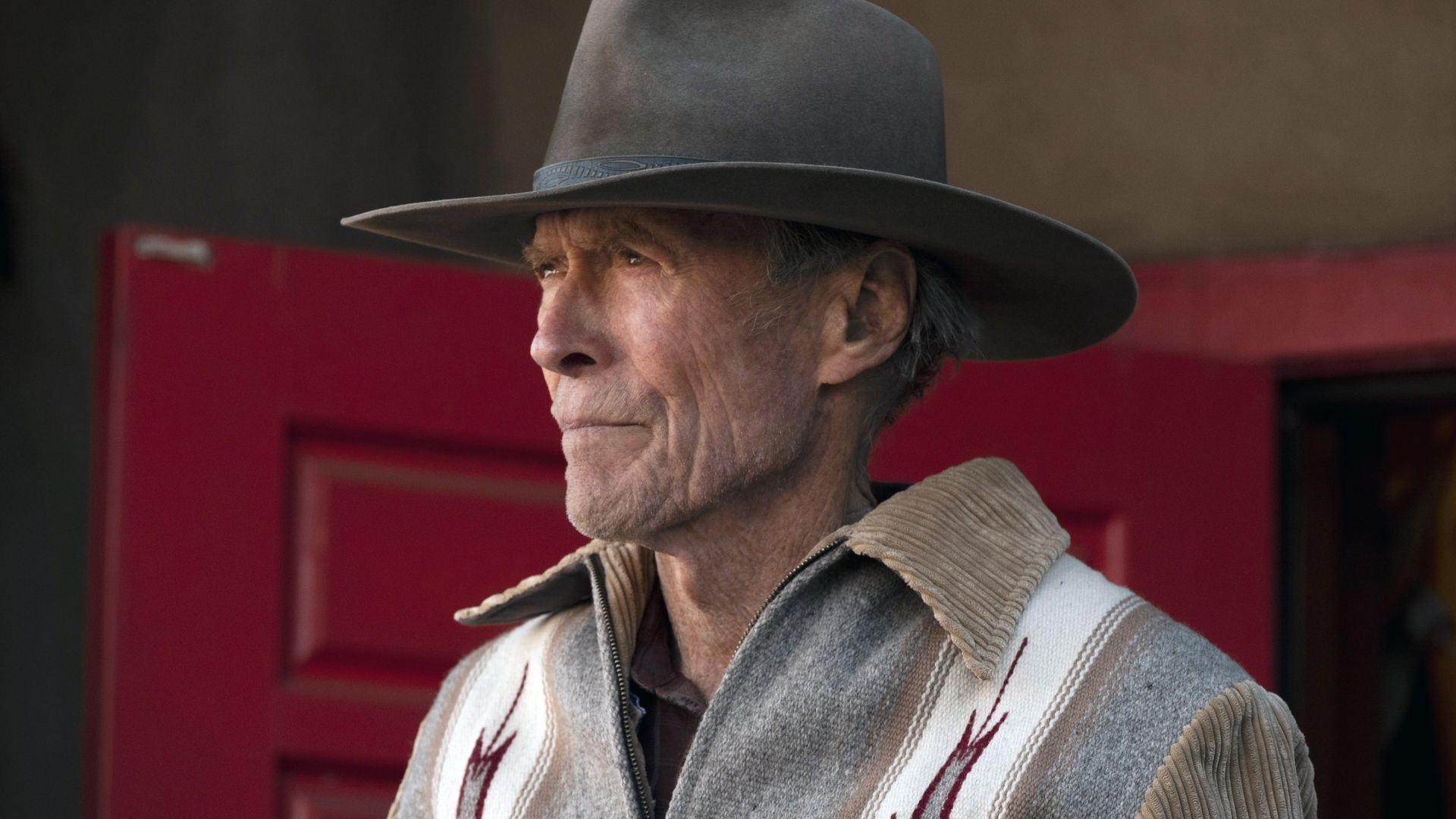
Alongside John Wayne, Clint Eastwood is arguably the most recognizable Western actor of all time, and his memorable lines prove it. He first became famous starring in Westerns – including the popular ‘spaghetti Westerns’ and thought-provoking revisionist takes on the genre – and later gained acclaim for action films like Dirty Harry.
Clint Eastwood’s most memorable Western characters are often men of few words, preferring silence to small talk. But when they do speak, it’s always meaningful. His best lines in these films perfectly capture the spirit of the Western genre and the unique personalities of his characters.
“When A Man’s Got Money In His Pocket, He Begins To Appreciate Peace.” – A Fistful Of Dollars
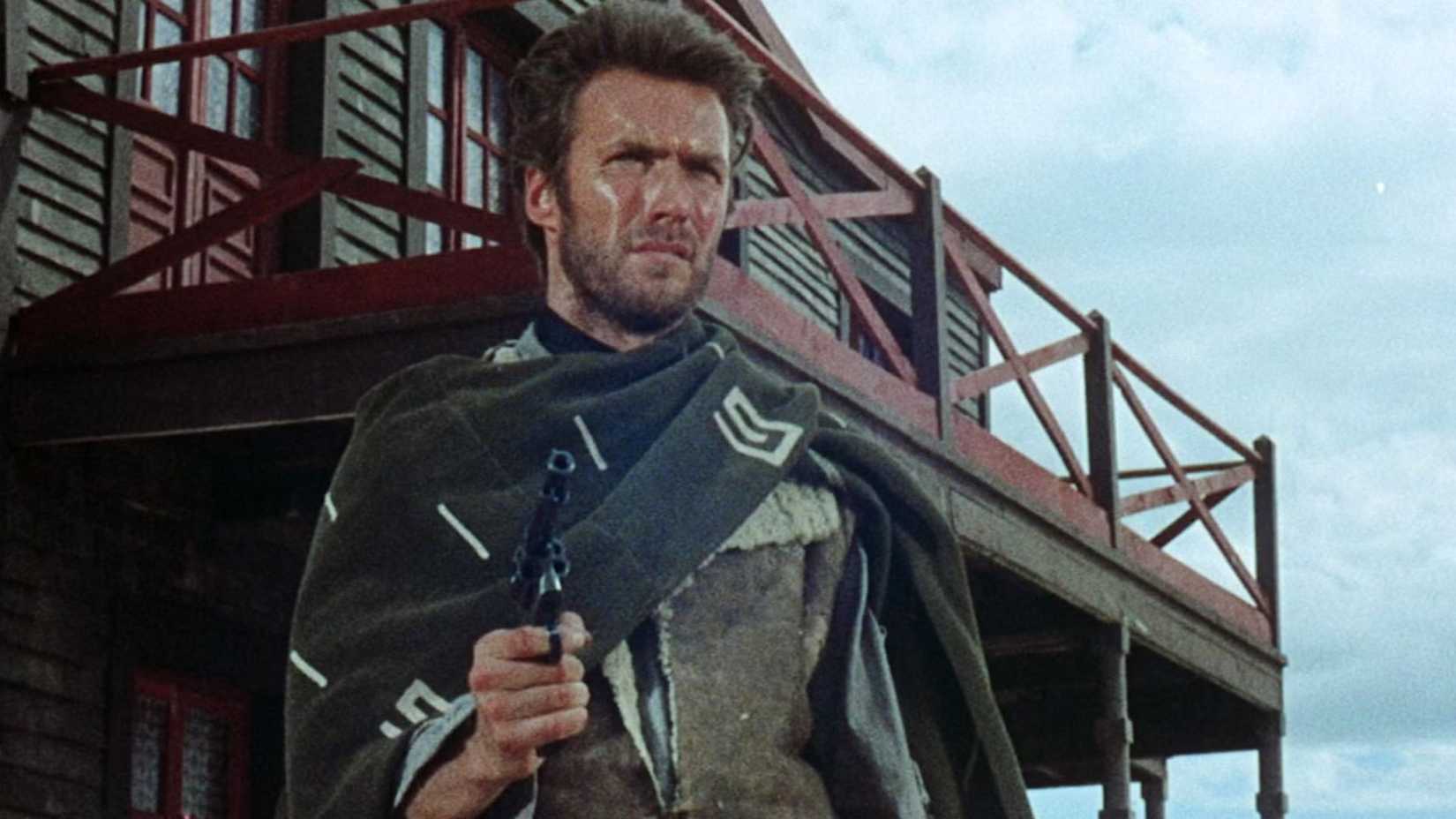
Clint Eastwood became a major star with A Fistful of Dollars, the first in Sergio Leone’s innovative spaghetti Western series. Though loosely based on Akira Kurosawa’s Yojimbo, the film features Eastwood as a mysterious stranger, known as The Man with No Name, who arrives in a small town and helps the people escape a conflict between rival families.
The film cemented Eastwood’s on-screen persona as a determined character willing to do whatever it takes to succeed, even if it meant compromising his morals. This quote is particularly meaningful because it shows him imagining a life where he could leave his violent past behind and pursue a peaceful future.
He offered a powerful explanation for why some people become bounty hunters or outlaws, while others avoid conflict – it all comes down to the difference between those who have and those who don’t. Unfortunately, most of Clint Eastwood’s Westerns don’t offer much hope for finding lasting peace.
“It’s What People Know About Themselves Inside That Makes ‘Em Afraid” – Stranger, High Plains Drifter
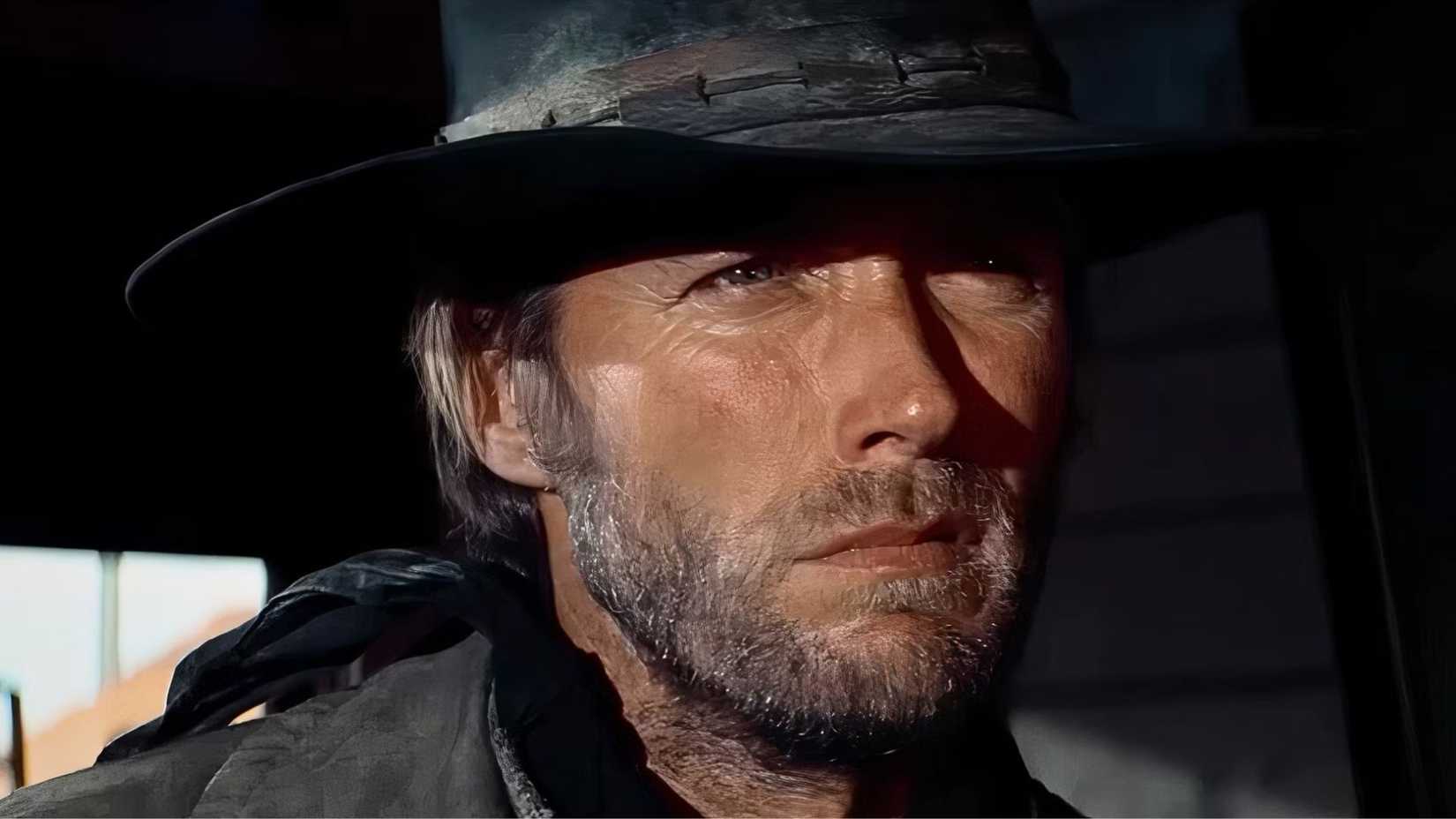
Clint Eastwood both directed and starred in High Plains Drifter, portraying a unique character for a Western film. The movie centers around a mysterious stranger who comes to a small town and gets revenge on the ruthless men who have been tormenting its people.
The most intriguing aspect was the possibility that Eastwood portrayed the ghost or spirit of a lawman murdered by the film’s villains. While his later movie, Pale Rider, made this more explicit, this earlier film left it open to interpretation. However, if Eastwood was a supernatural figure, it added a deeper layer of meaning to his character’s words and actions.
Eastwood’s character aimed to terrify criminals, but he understood their deepest fear was actually their own inner darkness. This mysterious stranger was so imposing that he instilled intense fear in those he intended to kill, delivering a brutal and absolute form of revenge.
“The Lord Certainly Does Work In Mysterious Ways” – Preacher, Pale Rider
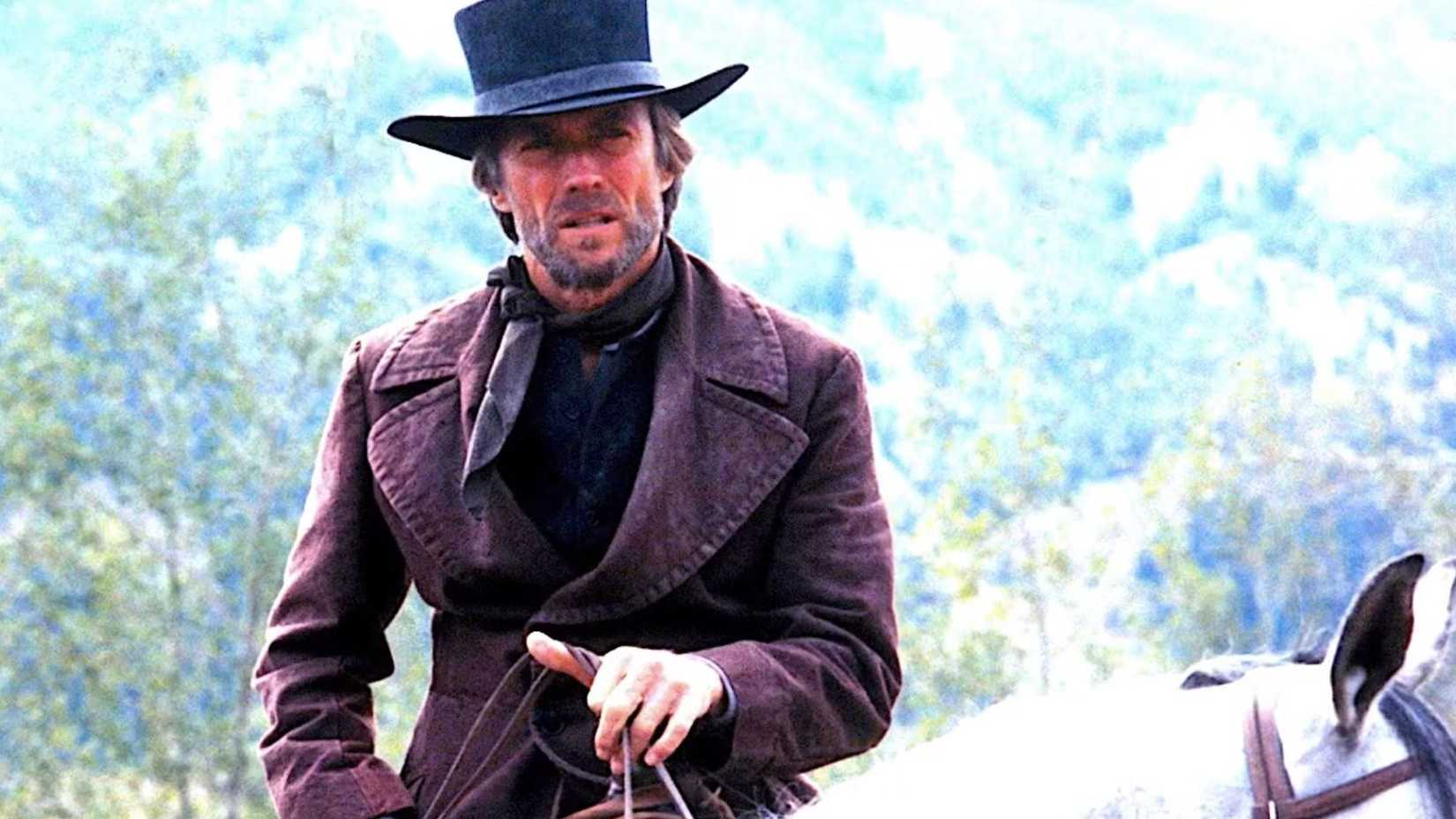
Clint Eastwood’s Pale Rider is a Western that strongly suggests his character has supernatural powers. While his previous film, High Plains Drifter, left the question open to interpretation, Pale Rider makes it quite clear. Even so, it’s a fantastic movie that showcases Eastwood’s strengths as an actor.
The character is called Preacher, which is ironic considering he essentially acts as the Angel of Death, arriving in town and killing those he deems deserving of punishment. However, he’s also deeply flawed and acts on his own dark impulses, making him a truly unforgivable character.
This quote feels relevant, but it also leaves the audience with a lot to think about. Unlike typical Westerns where a hero simply defeats a villain and saves the day, this story suggests that a more complex, almost inexplicable process is how good ultimately triumphs over evil.
“Everybody’s Got A Right To Be A Sucker Once” – Hogan, Two Mules For Sister Sara
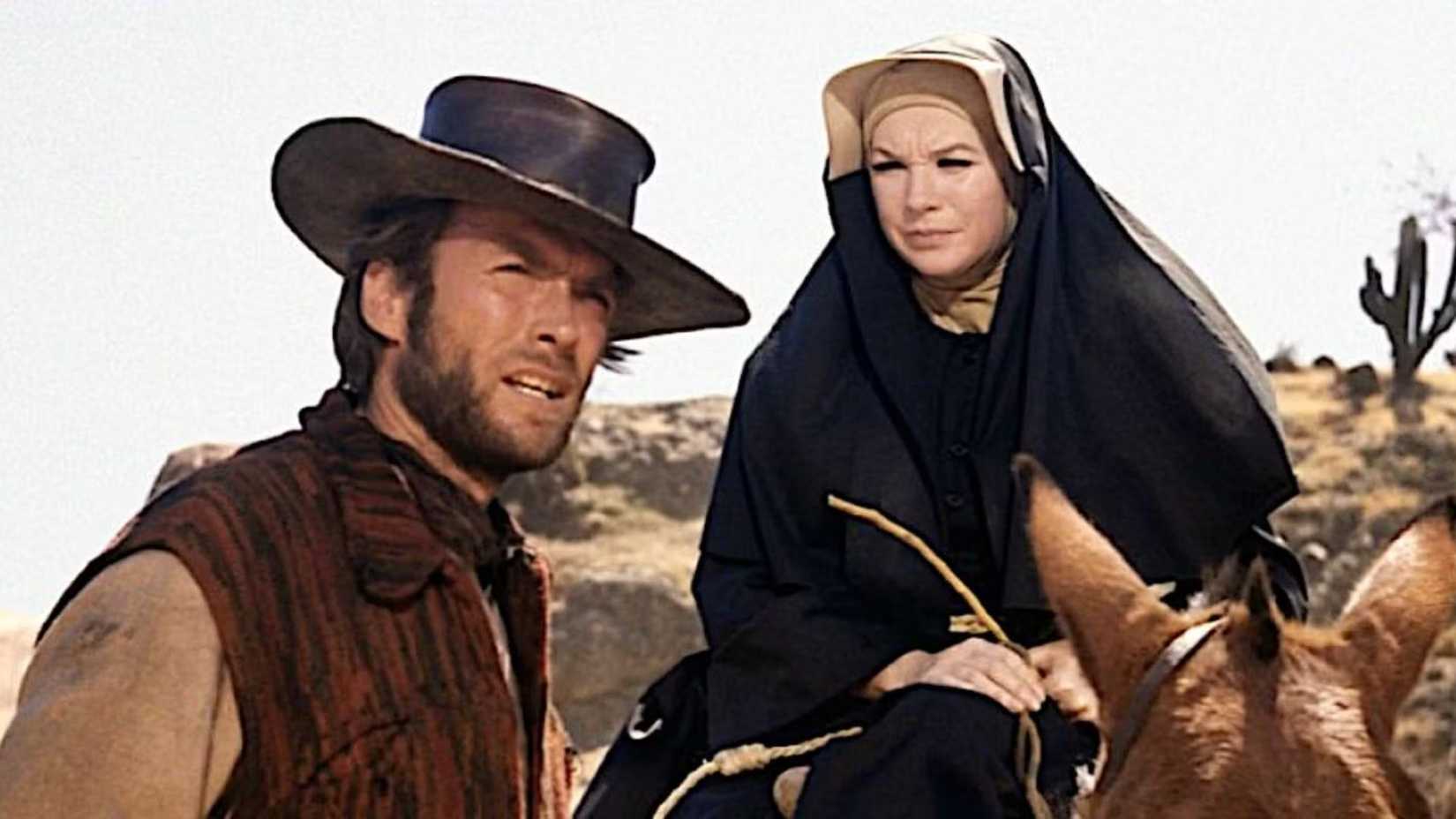
Clint Eastwood often played characters haunted by the American Civil War – veterans deeply scarred by their experiences. Interestingly, he portrayed soldiers who fought on both sides of the conflict, but the outcome was consistently the same: profound disillusionment with war. A particular quote from Eastwood powerfully emphasizes this sentiment.
In the film Two Mules for Sister Sara, Clint Eastwood stars as Hogan, an ex-Union soldier who rescues a nun from an attack. He then agrees to escort her to a French fort to keep her safe. However, Sister Sara has a secret, and ultimately, Hogan isn’t concerned with who she really is.
This quote reveals why he and Sara were ultimately able to find a path forward, and also shows his perspective on the American Civil War. He admits he was naive to trust her, but he also believed, like many characters played by Eastwood, that war isn’t the answer to a nation’s issues.
“Every Gun Makes Its Own Tune.” – Blondie, The Good, The Bad And The Ugly
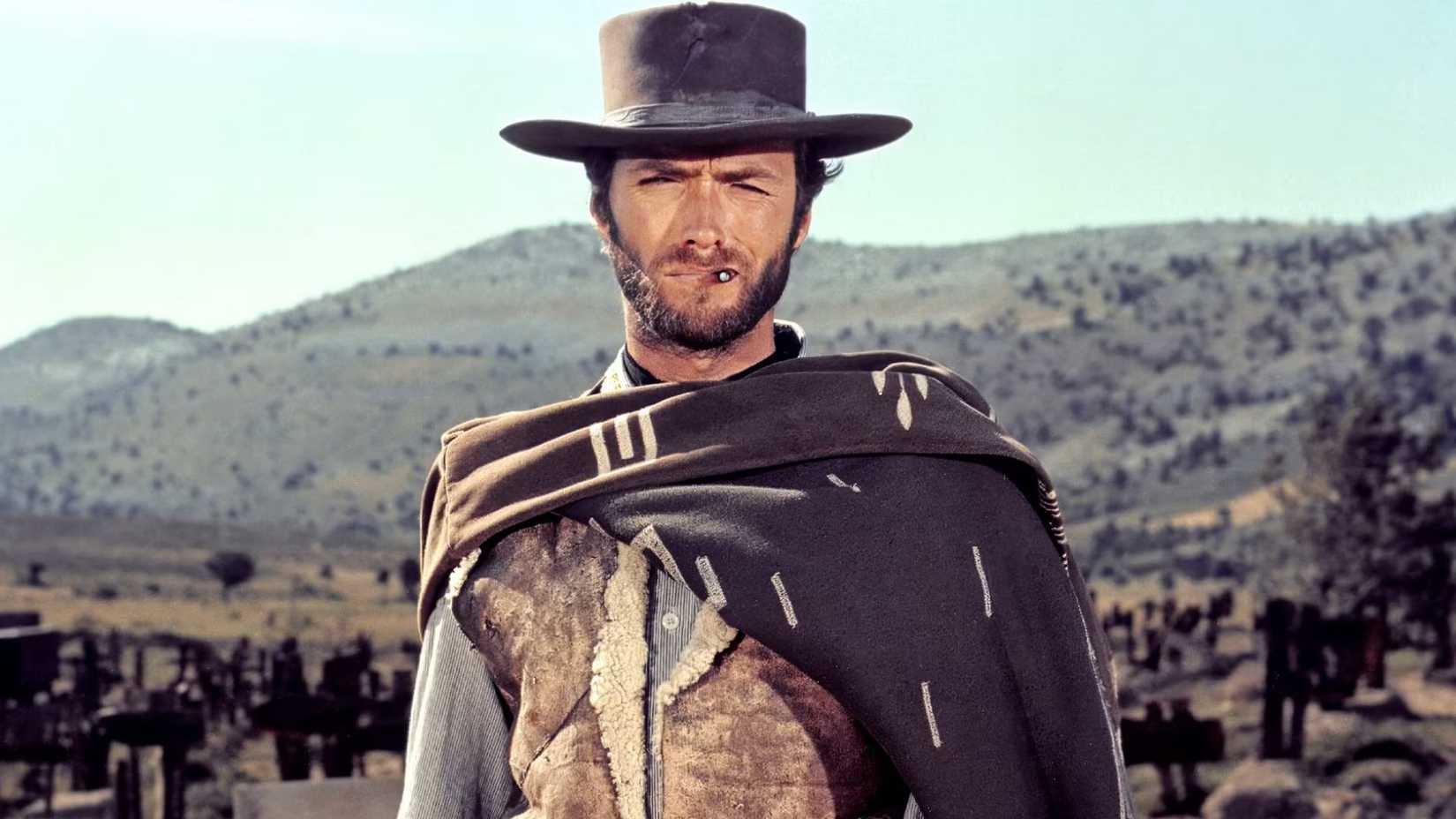
Clint Eastwood reprises his role as the iconic “Man with No Name” in The Good, the Bad and the Ugly, the most famous film in the Dollars Trilogy. Playing a character nicknamed Blondie, he teams up with two shady partners to search for hidden Confederate gold during the American Civil War in 1862. Of the three, Blondie is the most level-headed and takes the lead.
Clint Eastwood’s famous quote really fit his Western films because he often played a seasoned gunfighter – someone incredibly fast and skilled with a weapon. He understood the realities of gunfights, both from the perspective of shooting someone and being shot himself, perhaps better than most actors.
When Eastwood says “every gun makes its own tune,” he means it in a few different ways. It shows his appreciation for the guns he’s used throughout his life, but also acknowledges that each firearm carries the history of its use, particularly the conflicts it has been a part of. Given the many stories told in his Western films, his characters’ guns have seen a lot.
“Dyin’ Ain’t Much Of A Living, Boy” – Josey Wales, The Outlaw Josey Wales
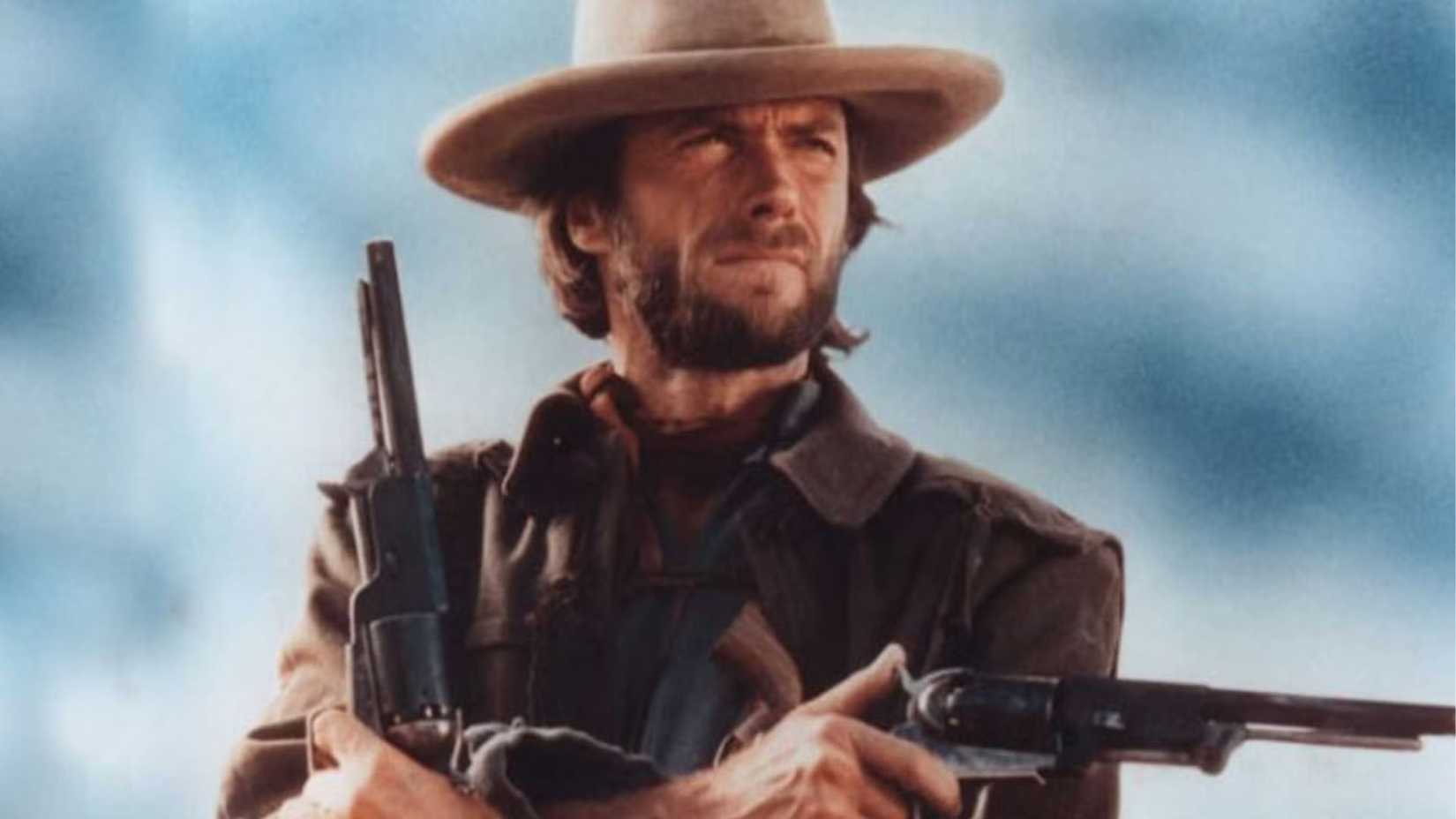
Throughout his career as a Western actor, Clint Eastwood often played characters like wandering heroes, ex-soldiers, gunslingers, and outlaws. Because of these roles, death was a frequent presence in his films, and he often portrayed characters responsible for it.
In The Outlaw Josey Wales, Clint Eastwood portrayed a former Confederate soldier turned outlaw. He was a man on the run, driven by a desire for revenge after his family was killed and his fellow soldiers were massacred when they surrendered to the Union army. This background makes a particular Clint Eastwood quote quite noteworthy.
I remember Josey Wales saying something really striking to a bounty hunter. The hunter explained his work as just how he earned a living, and Josey’s response hit hard. He basically said you can’t make a living when you’re dead and buried. It was a bleak thing to say, but it really captured how tough and hopeless life could be out in the Old West.
“This Macho Thing Is Overrated. Just People Trying To Show That They’ve Got Grit.” – Miko, Cry Macho
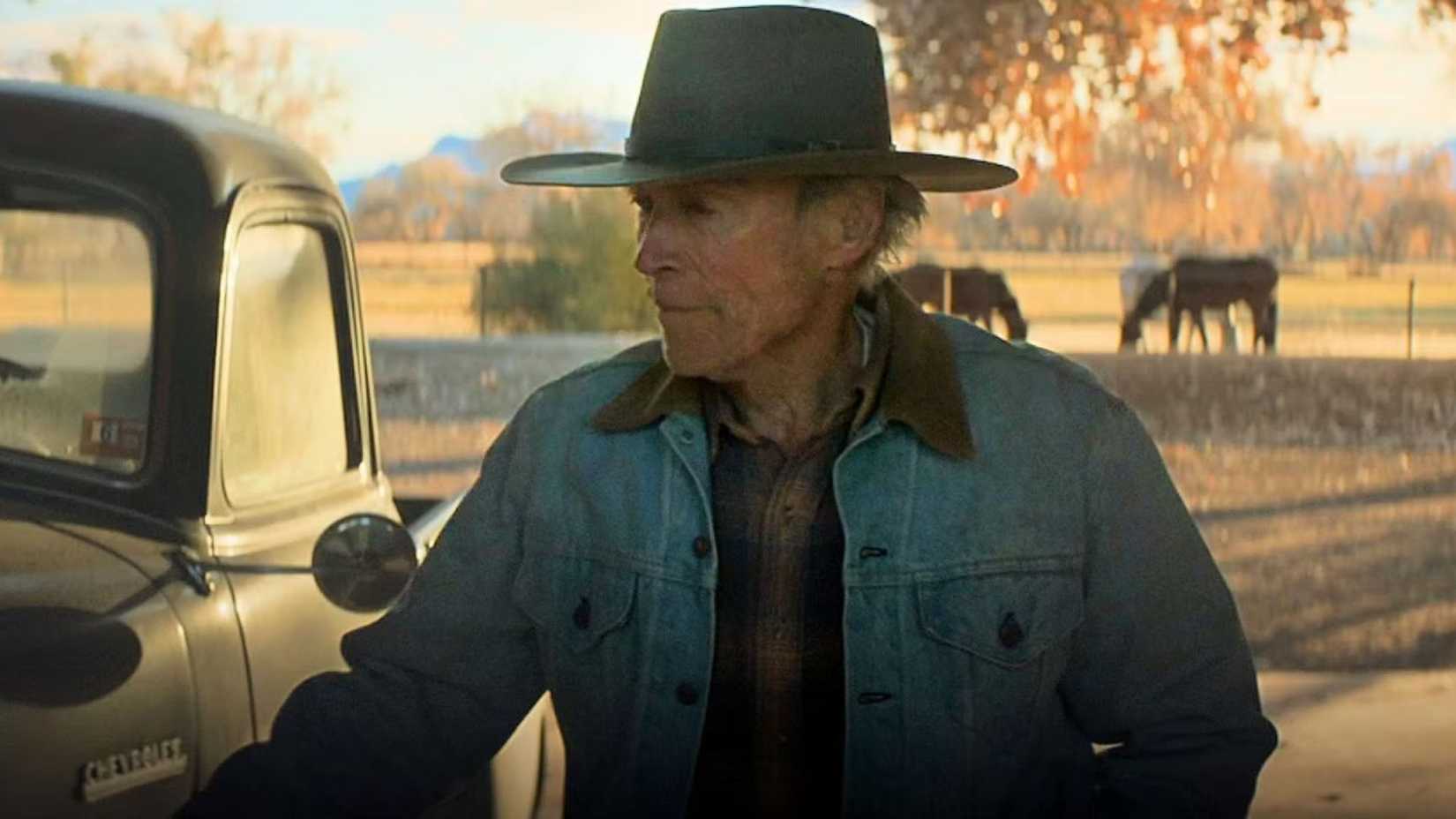
Though released later in his career, Cry Macho is a solid Western film for fans of Clint Eastwood. It tells the story of Mike Milo, a former rodeo star forced into retirement by an injury, who takes on the job of bringing a young boy from Mexico to his father in the United States.
Clint Eastwood spent seventy years making Western films, and by that point, he’d pretty much explored every angle of the genre. But one observation stood out, particularly when he watched Westerns he wasn’t in. According to Milo, those who project a “tough guy” image are often just putting on an act.
Characters like Eastwood’s Man with No Name were instantly recognizable as tough, and never needed to boast about it. Their strength was shown through what they did, not what they said. As Milo points out, a true cowboy proves his worth through actions, not empty labels.
“I Think You People Need A New Sheriff” – Monco, For A Few Dollars More
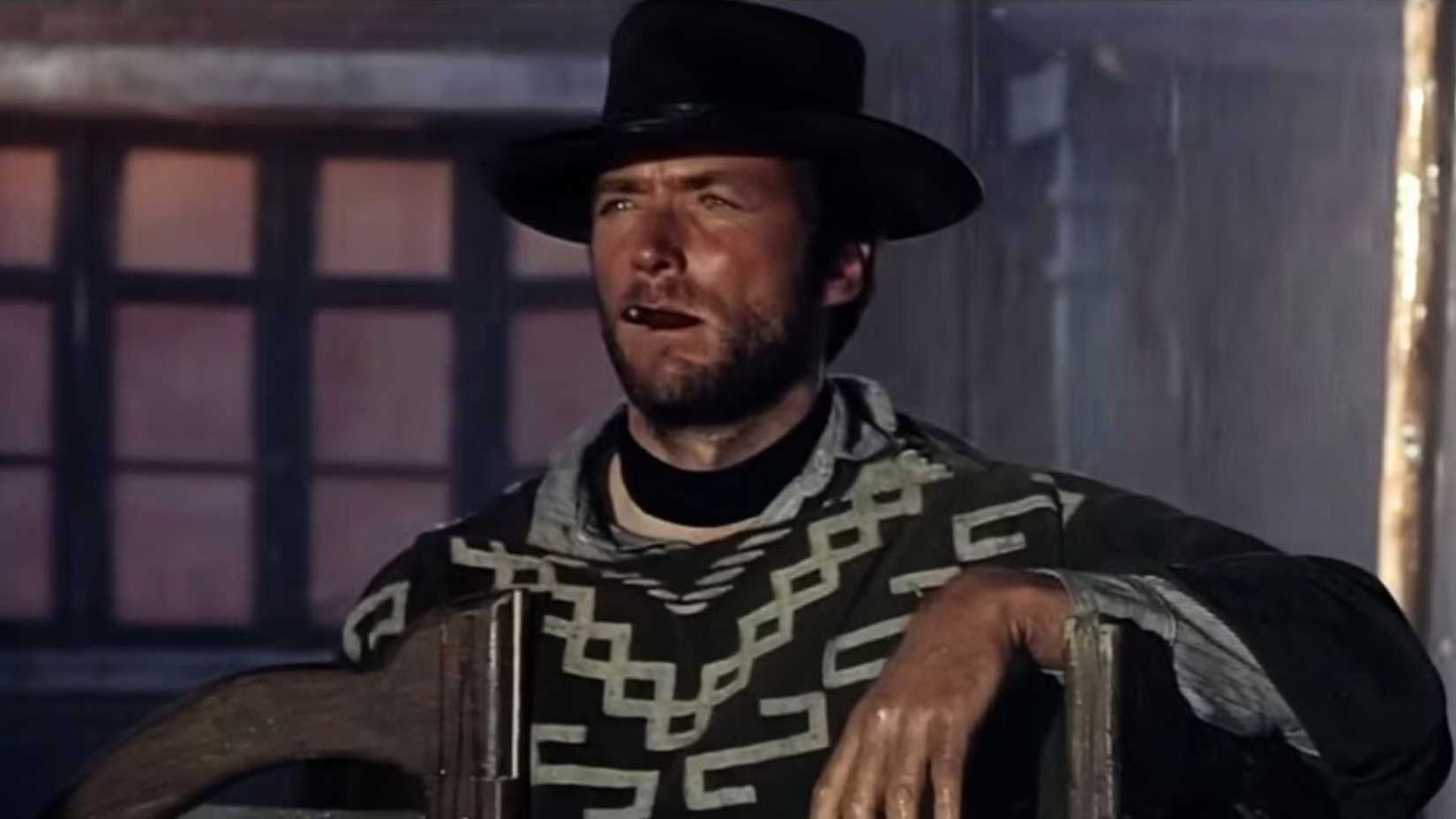
Following the first film, For a Few Dollars More was the second installment in the Dollars Trilogy, again starring Clint Eastwood as the enigmatic Man with No Name. Like many of Eastwood’s characters during that era, his character was a man of few words, only speaking when necessary.
Eastwood arrived in town to find it overrun with crime and people taking advantage of the vulnerable. The sheriff was involved too, but Eastwood refused to accept it. What he did while telling the townspeople about it was the most impactful part.
He had just finished scolding the sheriff, accusing him of being disloyal and dishonest. Then, he angrily tore off the sheriff’s badge, threw it on the ground, and addressed the town. This act perfectly illustrated the principles the Man with No Name lived by and the high expectations he had for everyone else.
“When You Hang A Man, You Better Look At Him.” – Jed Cooper, Hang ‘Em High
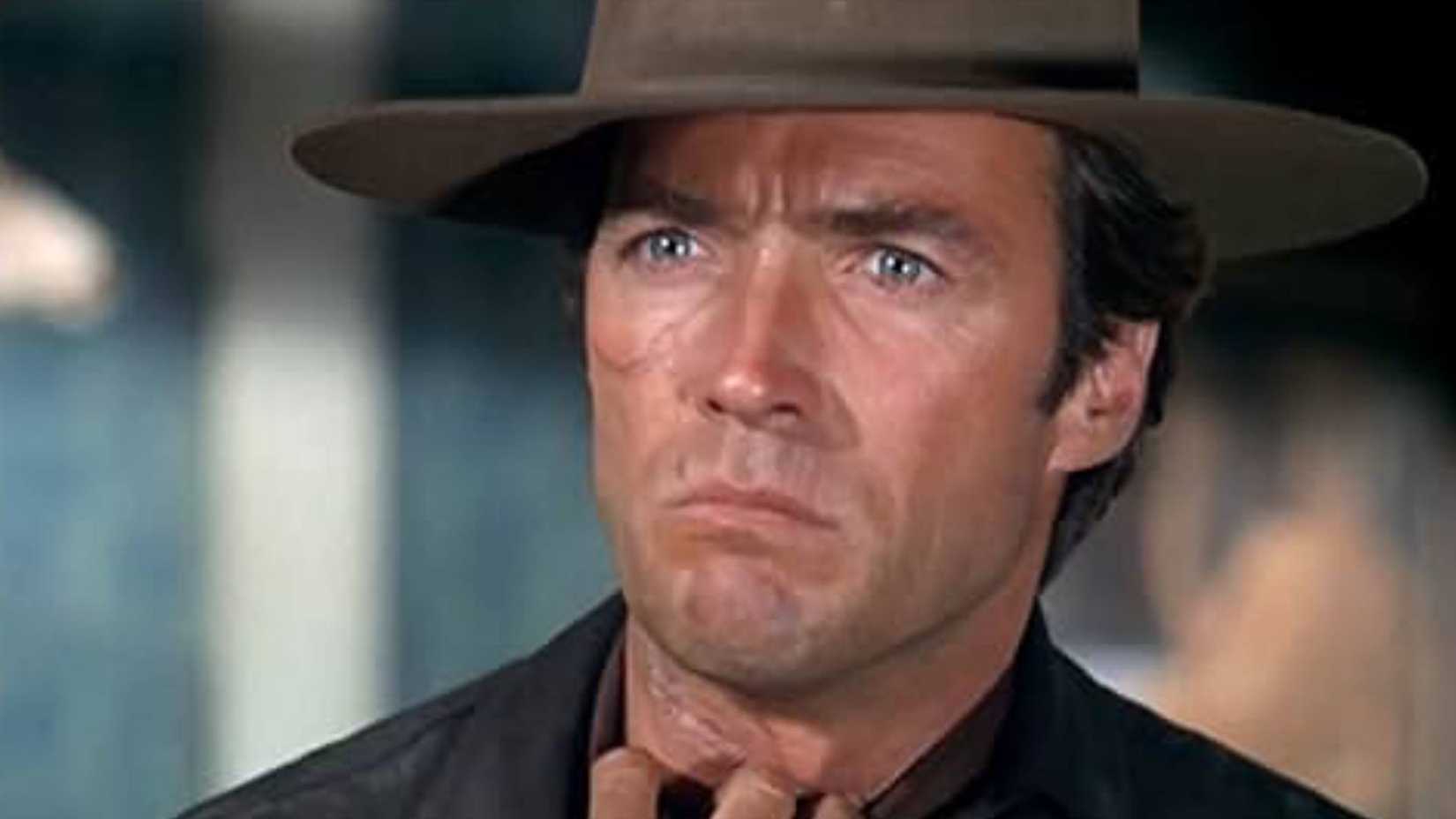
One of the most memorable lines delivered by Clint Eastwood comes from a moment of intense drama: he says it to a man who attempted to murder him early in the movie. Eastwood plays Jed Cooper, a former law officer wrongly accused of stealing cattle. Nine men falsely accuse him and then try to hang him.
A marshal saves Jed, and after the actual thief is apprehended, a judge appoints Jed to track down the men who tried to lynch him so they can stand trial. He confronts one of his attackers – a man who doesn’t even recognize him, despite having just tried to hang him – and delivers a powerful, unforgettable line.
Clint Eastwood’s Westerns have a clear moral code, even with all the violence. While many characters are shot, hanging someone is portrayed as a particularly serious act. Eastwood believed that if you’re going to execute someone, you should at least have the courage to look them in the eye while doing it.
“It’s A Hell Of A Thing, Killin’ A Man” – Will Munny, Unforgiven
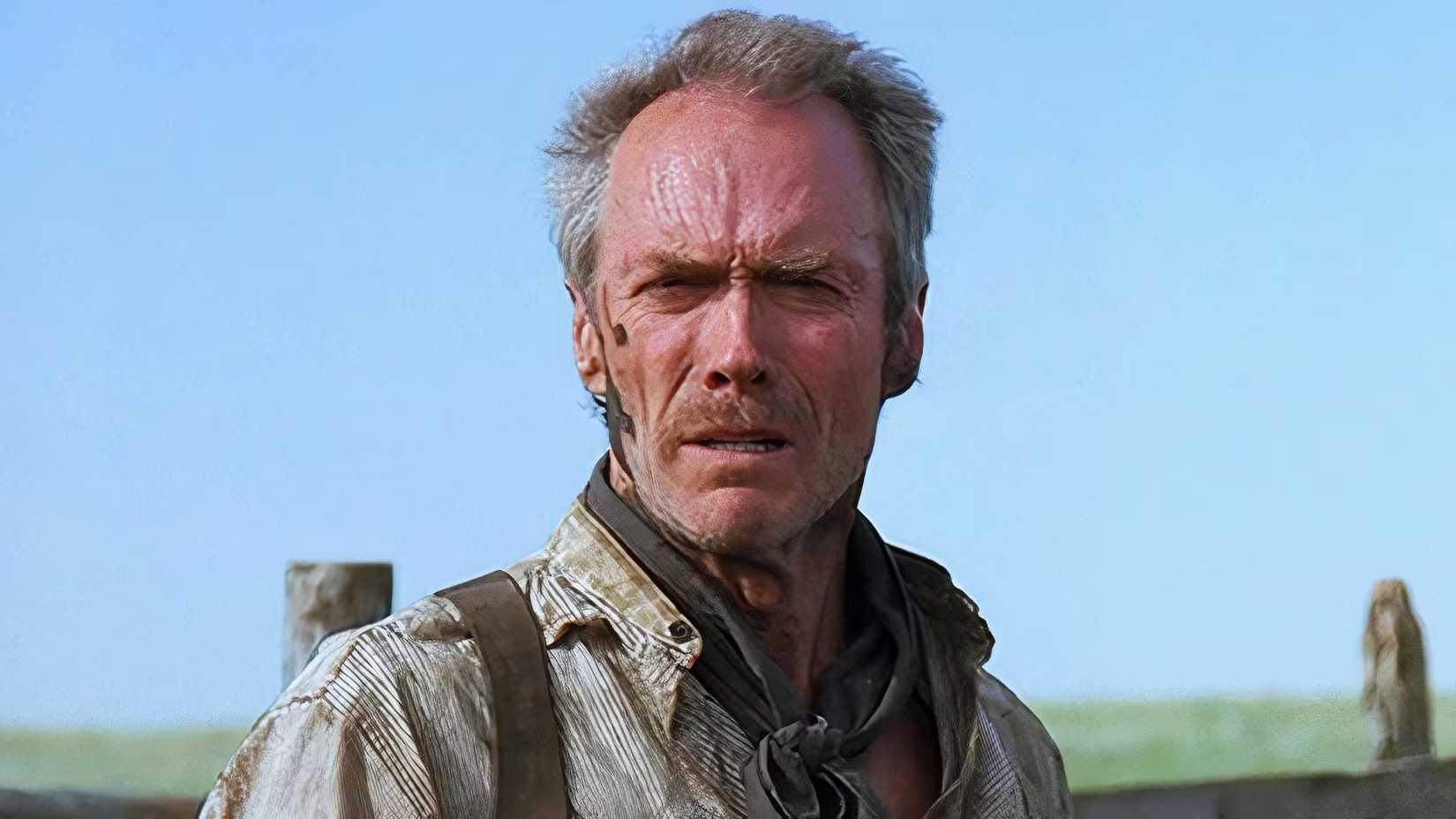
Clint Eastwood’s masterpiece of the Western genre appeared in the 1990s. The film, which he both directed and starred in, felt like a final farewell to the classic Western story—a look at the end of the Old West era. In Unforgiven, Eastwood portrays a former outlaw simply seeking a peaceful life after the loss of his wife.
For thirty years, Clint Eastwood often played characters responsible for many deaths. Now, in this Western film that looks honestly at the violence of those stories, he’s reflecting on that past. He followed this thought with a poignant statement: “You take away everything he has, and that’s all he’ll ever have.”
It’s striking how thoughtful this quote is, considering it comes from a man who’s taken so many lives. William Munny simply wants to find peace, and it’s clear he’s troubled by his violent past. This quote, delivered by Clint Eastwood, feels like it could be spoken by any of his Western characters, and it really embodies the themes he often explores in those roles.
Read More
- Deathstroke Takes On An Epic Sci-Fi Villain In This Brutal Crossover Event
- Spider-Man 4 Might Feature [Spoiler]’s MCU Debut — Report
- Евро обгонит швейцарский франк? Эксперты раскрыли неожиданный сценарий
- Доллар обгонит гривну? Эксперты раскрыли неожиданный сценарий
- Прогноз криптовалюты NEXO: прогнозы цены NEXO
- Michelle Pfeiffer Admits She Was ‘Terrified’ Grease 2 Could Never Match The Orignal’s Success
- Tim Burton’s Lost Jurassic Park Movie Is Sci-Fi’s Most Frustrating Missed Opportunity
- ЯТЭК акции прогноз. Цена акций YAKG
- After Wednesday’s Body Swap Episode, [Spoiler] Told Me The ‘Key’ To Nailing Jenna Ortega’s Character And Why It Was ‘Miserable’
- Landman Season 2 Officially Corrects Taylor Sheridan’s Biggest Season 1 Mistake
2025-10-29 22:37